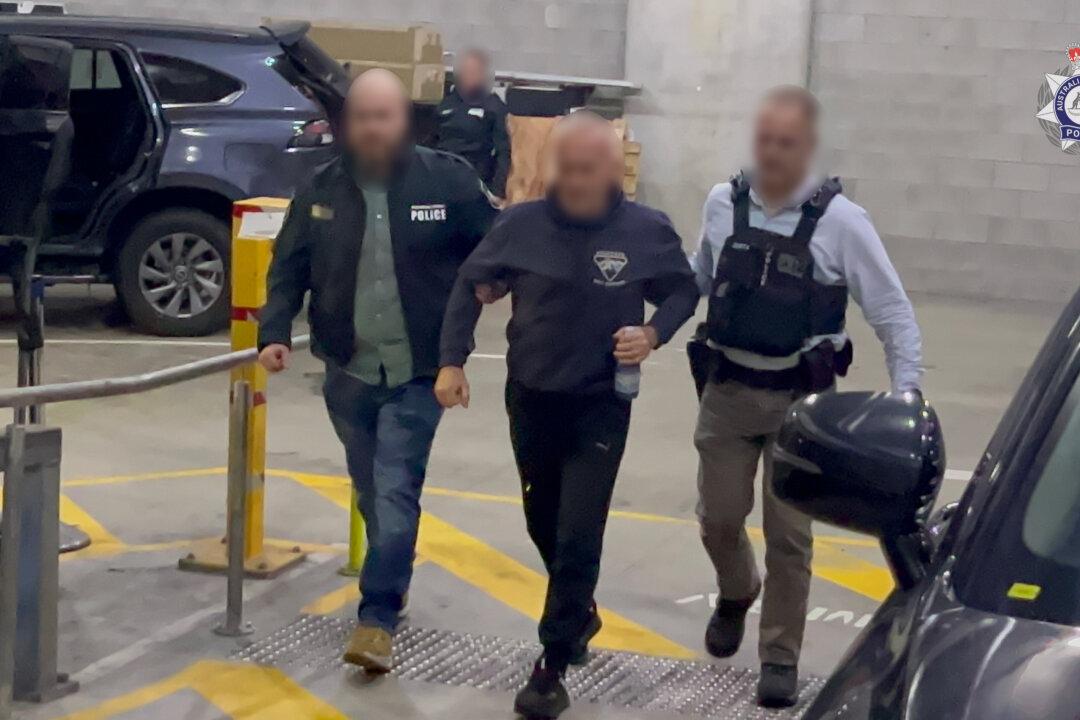Australian Federal Police (AFP) has arrested a Russian-born couple in Brisbane for allegedly working to obtain sensitive defence information.
Kira Korolev, a 40-year-old army private, and her husband Igor Korolev, a 62-year-old self-employed labourer, were charged with an espionage-related offence on July 11.





